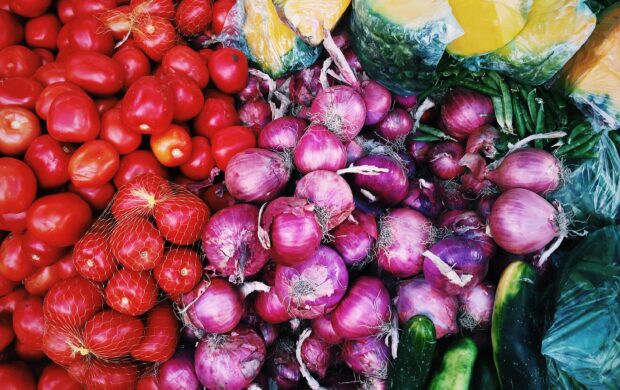As a consequence of China’s new contaminate limit, US households are likely to see a rise in the costs of recycling.
At the beginning of 2017, China imposed a new contaminate limit of 0.5% on all waste imports. With approximately 20% of US waste consisting of contaminants, it can now no longer be exported to China, leaving it up to domestic recycling industry to undertake the costly and tedious process of separation.
In order to combat rising costs, municipal governments are reconsidering what they will and will not be recycled, and how much homeowners will now pay for the service. It is likely many counties will no longer recycle things like mixed plastic, as it is not financially viable. They are also looking to pass on any additional costs of recycling to homeowners, rather than requiring manufacturers to take responsibility for the disposal or recovery of their products and packaging as is the case in much of Europe.
Sacramento County is already seeing the effects: it used to earn $1.2 million a year selling scrap, and is now set to pay $1 million to process its waste.









